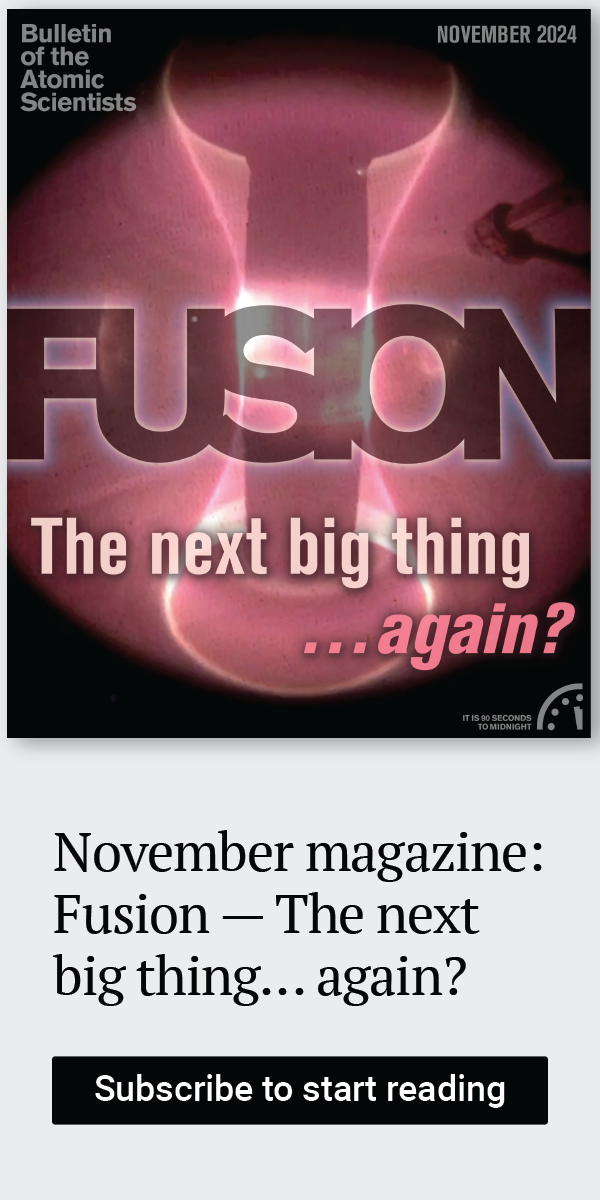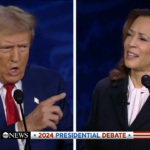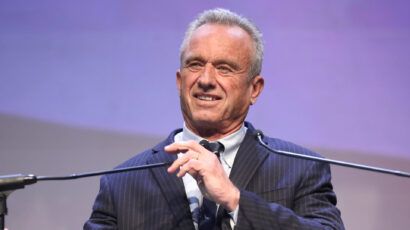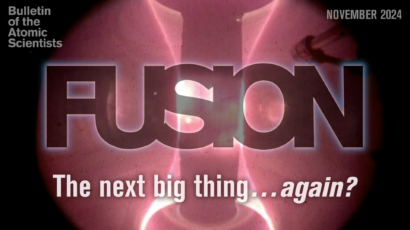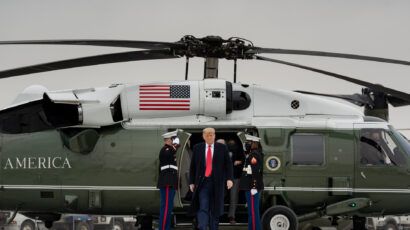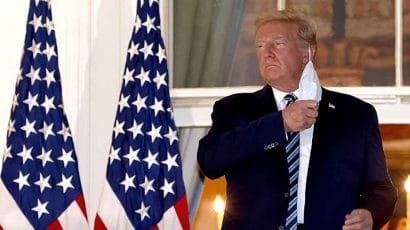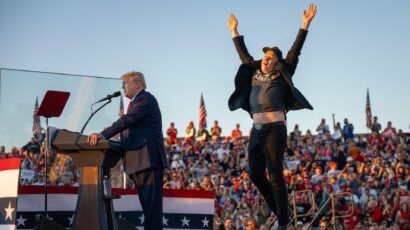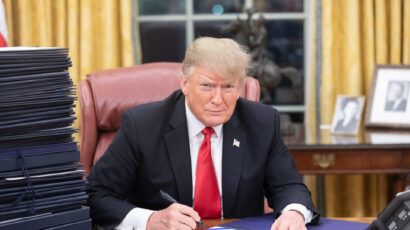Trump makes it official: The United States will pull out of the INF treaty
By Matt Field | February 1, 2019
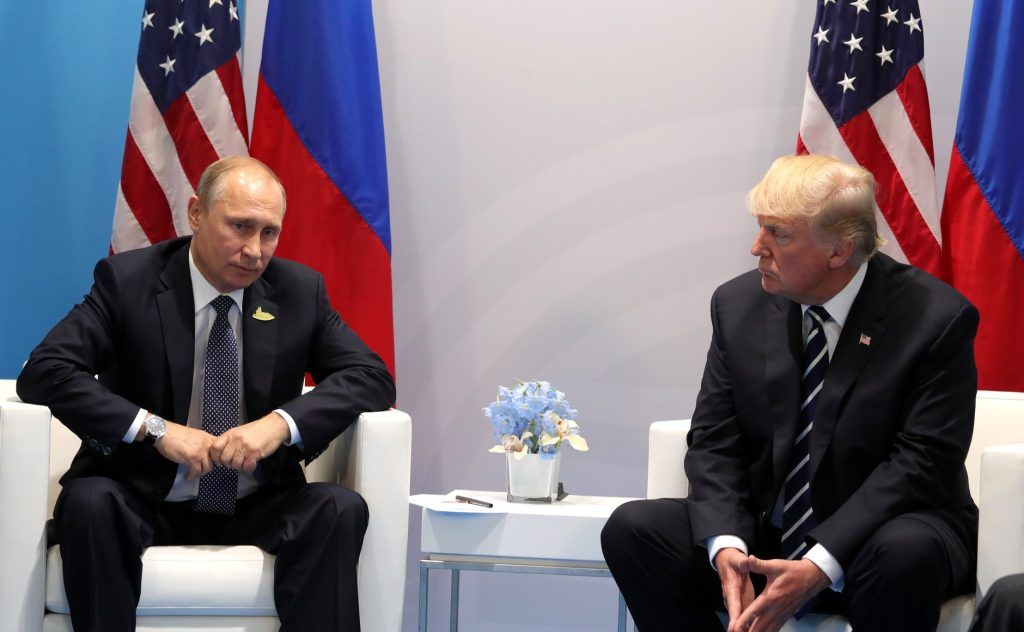 Russian President Vladimir Putin and US President Donald Trump meet on the sidelines of a G20 meeting in Hamburg on July 7, 2017. Credit: Kremlin Presidential Executive Office.
Russian President Vladimir Putin and US President Donald Trump meet on the sidelines of a G20 meeting in Hamburg on July 7, 2017. Credit: Kremlin Presidential Executive Office.
It’s official: The White House announced today that the United States will “suspend its obligations” under the Intermediate-Range Nuclear Forces (INF) treaty, ending participation in a key arms-control agreement between the United States and Russia. While President Donald Trump has telegraphed the decision for months now, today’s White House announcement starts a six-month countdown.
US officials suggest the six-month window is Russia’s last chance to return to compliance. The treaty, signed in 1987, bans land-based ballistic and cruise missiles that can hit targets between roughly 300 and 3,400 miles. It covers nuclear and conventional weapons. The US State Department has called out Russia since 2014 over a cruise missile, eventually identified as the 9M729, for violating the treaty.
“The United States has fully adhered to the INF Treaty for more than 30 years, but we will not remain constrained by its terms while Russia misrepresents its actions,” Trump said in a statement. “We cannot be the only country in the world unilaterally bound by this treaty, or any other. We will move forward with developing our own military response options and will work with NATO and our other allies and partners to deny Russia any military advantage from its unlawful conduct.”
Regardless of any six-month window, the Russians believe a US pull-out from the treaty is a fait accompli. The Washington Post, citing the Interfax news agency, reported that Russian Deputy Foreign Minister Sergei Ryabkov said, “There is no doubt the Americans will quit the treaty in the end.”
Despite Trump’s clashes with NATO over issues such as member payments to maintain the alliance, NATO Secretary General Jens Stoltenberg reacted positively to the news.
Russia is in material breach of the #INFTreaty & must use next 6 months to return to full & verifiable compliance or bear sole responsibility for its demise. #NATO fully supports the US suspension & notification of withdrawal from the Treaty: https://t.co/VOhUB0HoAd pic.twitter.com/28Rwicqr8o
— Jens Stoltenberg (@jensstoltenberg) February 1, 2019
As The New York Times points out, the real reason Trump has decided to pull out of the treaty may be to “broaden its prohibitions to include China.” Beijing did not sign the treaty in the 1980s and, at that point, did not represent a threat. These days of course, China is rapidly expanding its military footprint in the Pacific Ocean. According to the Times, much of its nuclear arsenal would be prohibited if it had signed the INF.
Of course, as at least one expert points out, Trump’s decision, ironically, would legalize Russia’s currently illegal missile development. Moscow would be free to ramp up production of new missiles.
And as CNN points out, “The prospect of the INF Treaty’s dissolution was one factor in the @BulletinAtomic1/24 decision to keep its iconic #DoomsdayClock at 2 minutes to midnight, as close to the symbolic point of annihilation as it has been since 1953, at height of Cold War.”
Trump’s decision comes as the United States and other countries modernize their nuclear arsenals, ushering in what Bulletin of the Atomic Scientists President and CEO Rachel Bronson calls a “new age of nuclear instability.” The administration’s actions today “are only making it worse,” Bronson says.
(Editor’s note: Some highlights of past Bulletin coverage of the INF treaty and the proposed US pullout can be found here. And be sure to see our October 24, 2018 collection, Expert comment: The INF and the future of arms control.)
Publication Name: The Washington Post
To read what we're reading, click here
Together, we make the world safer.
The Bulletin elevates expert voices above the noise. But as an independent nonprofit organization, our operations depend on the support of readers like you. Help us continue to deliver quality journalism that holds leaders accountable. Your support of our work at any level is important. In return, we promise our coverage will be understandable, influential, vigilant, solution-oriented, and fair-minded. Together we can make a difference.
Topics: Nuclear Risk, What We’re Reading

